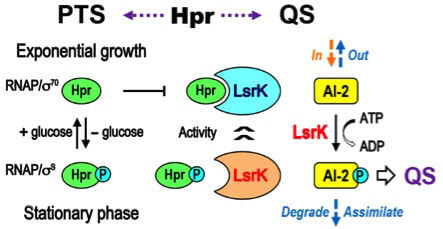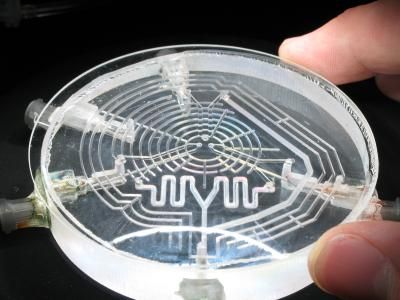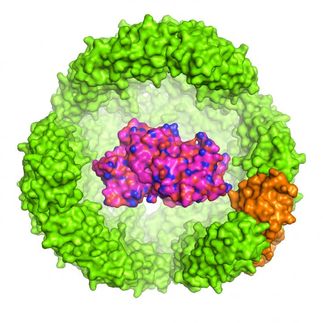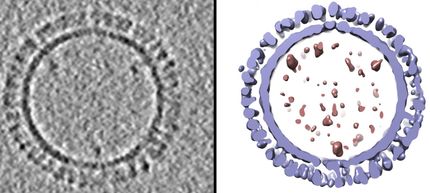Molecular farming fits need for fully functional protein therapeutics and low-cost Vaccines, says Frost & Sullivan
Molecular farming is poised to address the huge demand for fully functional protein therapeutics and low-cost vaccines. This plant production technology is deployable for applications in basic life sciences research, veterinary applications, personal care, and healthcare to meet the clinical needs of chronic and orphan diseases unmet by the current supply.
New analysis from Frost & Sullivan’s Emerging Trends in Molecular Farming research finds plants are preferred production systems owing to their potential to produce a wide range of recombinant molecules. Post-translational modifications in plants allow for their use in the production of complex proteins, giving them an edge over conventional bacterial systems.
“Plant farming offers a cost-effective platform for recombinant protein production, especially as setting up a plant-based platform requires low costs and provides flexibility,” says a Technical Insights analyst. “These benefits prompted research on novel plant-based platforms, process design and optimization, and will lead to the development of sustainable and scalable production systems.”
However, stringent regulations, possible safety issues and the lack of participation from stakeholders pose a challenge to technology development and adoption. Recombinant proteins’ post-translational modifications and minor glycosylation differences from human proteins may lead to a loss in functions or immune reactions, and can reduce drug performance and safety.
These barriers have compelled several researchers to work on glycosylation modified plants to create suitable, humanized glycoengineered therapeutic proteins. In addition, researchers must focus on improving downstream processing methods to significantly shrink overall costs associated, and develop targeting strategies for protein secretion in the culture medium.
"Techniques such as strong promoters and fusion protein expression can be used to improve expression levels,” notes the analyst. “Core expression technology developers must also leverage DNA transfection, the development of gene knockout plants and similar bioprocess techniques to build proteins with enhanced therapeutic and economic value.”
Though molecular farming is not fully mature, the technology will gain momentum through collaborations and licensing deals.
Most read news
Topics
Organizations
Other news from the department business & finance

Get the life science industry in your inbox
By submitting this form you agree that LUMITOS AG will send you the newsletter(s) selected above by email. Your data will not be passed on to third parties. Your data will be stored and processed in accordance with our data protection regulations. LUMITOS may contact you by email for the purpose of advertising or market and opinion surveys. You can revoke your consent at any time without giving reasons to LUMITOS AG, Ernst-Augustin-Str. 2, 12489 Berlin, Germany or by e-mail at revoke@lumitos.com with effect for the future. In addition, each email contains a link to unsubscribe from the corresponding newsletter.
Most read news
More news from our other portals
Last viewed contents

Link between bacteria metabolism and communication could pave way for new antivirulence drugs

Oncgnostics cooperates with the Medical University of Graz - Study on Head-and-Neck tumors aims to demonstrate that a diagnostic method can reliably and early detect malignant tumors using non-invasive saliva samples
Portopulmonary_hypertension
Zygosity
The Number of Biotechnology Companies has Only Decreased by 10% Despite the Crisis

Scientists use copper nanowires to combat the spread of diseases
Univar Czech s.r.o. acquires enzymes distribution business of Ekozym
Scientists identify gene for deadly inherited lung disease
Meiosis
US Government Exercises Next Part of Bavarian Nordic's Freeze-Dried IMVAMUNE Contract






















































